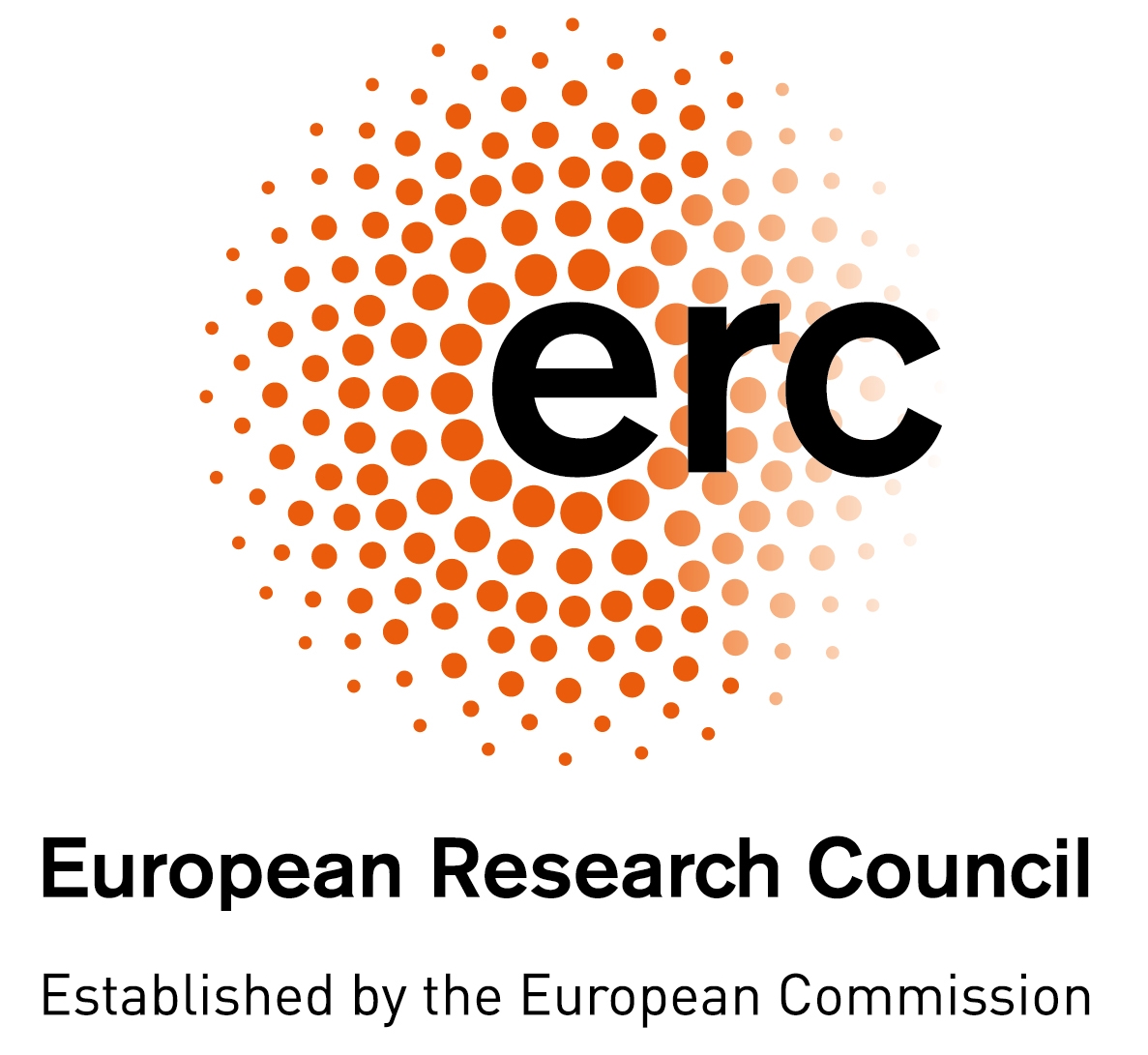News
DiStRes: hunting down ‘superbug’ bacteria
January 30th 2020
Communication Recherche ULB
DiStRes is the project led by Abel Garcia-Pino, a researcher at WELBIO, in the Department of Molecular Biology(Faculty of Sciences, BioPark) and codirector of the Molecular Biophysics & Structural Biology Lab (Faculty of Sciences). He is interested in superbugs, which are multidrug-resistant bacteria able to withstand antibiotic treatments.
Multidrug-resistant bacteria, which can survive antibiotic treatments, are called superbugs. Drug resistance has become a major public health issue, with part of the bacterial population made up of ‘persistent’ bacteria that tolerate drugs and are at the source of this resistance.
A key mediator of antibiotic tolerance is a pair of enzymes, ReIA/SpoT (also known as RSH enzymes), which are the molecular components of the environmental stress response in bacteria. ‘We do not yet have a comprehensive view of how these enzymes work at the molecular level, nor of the parameters that influence stress response in bacteria’, explains Abel Garcia-Pino, researcher at WELBIO in the Department of Molecular Biology (Faculty of Sciences, BioPark) and codirector of the Molecular Biophysics & Structural Biology Lab (Faculty of Sciences). The purpose of his ERC Consolidator project ‘DiStRes’ is to understand the role of RSH enzymes in stress response, but also to decrypt their organization and structures. One of the project’s goals is to develop new antibiotics based on the knowledge gained.
‘Structural biology is currently going through a revolution similar to that of genomics at the end of the 20th century, with improved models and increased access to information. Our work at the laboratory will enable us to design, using entirely new processes, molecules that target pathogenic bacteria, potentially leading to a new generation of antibiotics’, says the researcher.


 My biopark
My biopark



